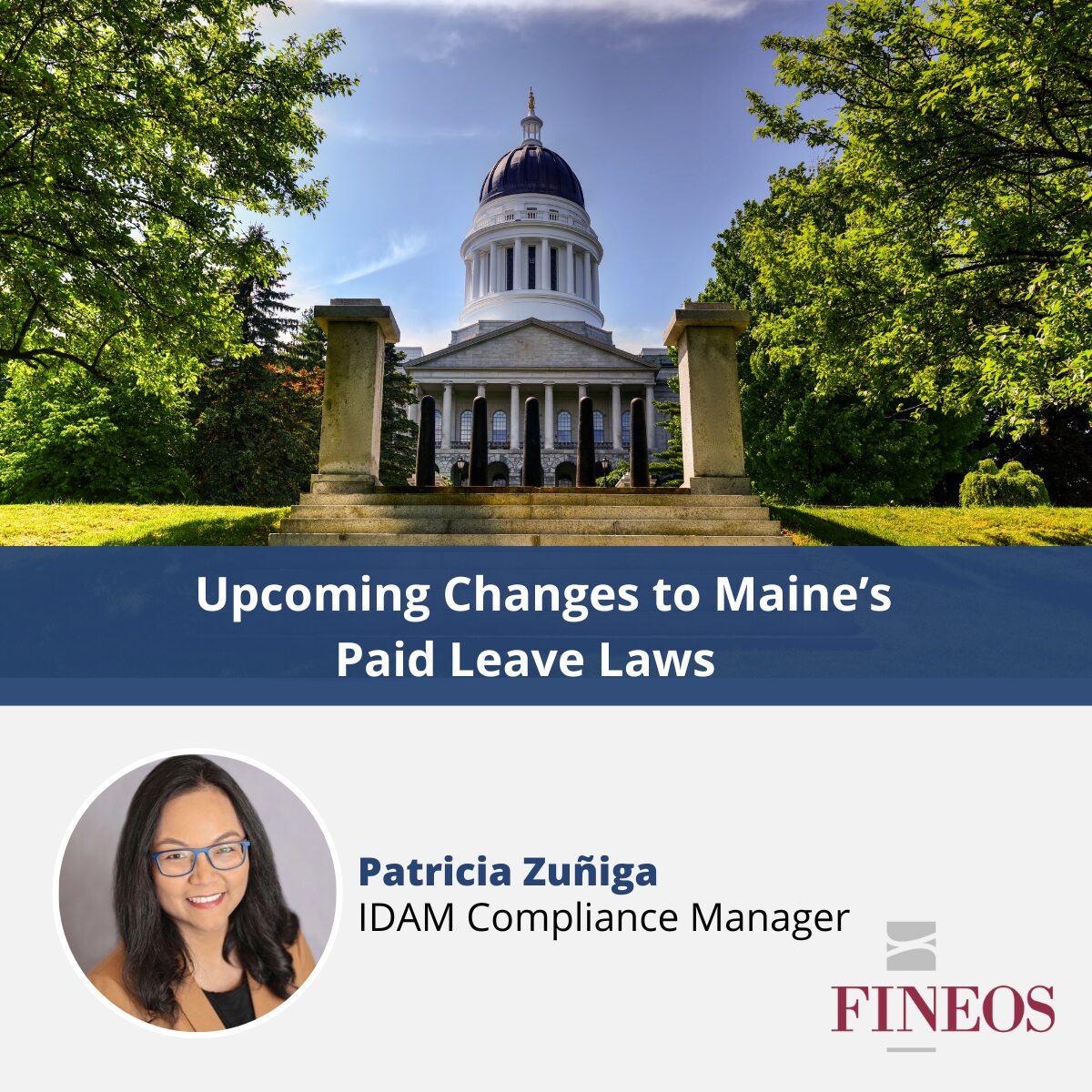While states and cities are expanding employee leave protections in 2025, Missouri has taken a different path and repealed its existing paid sick leave (PSL) law, just months after 58% of residents supported it through Proposition A in November 2024 and after the Supreme Court of Missouri upheld its validity in April 2025. Here are the key changes for employers and employees:
Repealed: Missouri Paid Sick Leave (HB No. 567)
Beginning August 28, 2025, employers will no longer be required to provide PSL to their employees.
Prior to the repeal, as of May 1, 2025, employers with 15 or more employees were required to provide one hour of PSL for every 30 hours worked, up to a maximum of 56 hours in a year. Employers with less than 15 employees were required to provide at least one hour of PSL for every 30 hours worked, up to a maximum of 40 hours in a year. Employers were also required to provide written notice of PSL rights to their employees 30 days after the law’s effective date or at the time of hire, whichever was later.
New: New Hampshire Leave for Childbirth and Infant Pediatric Medical Appointments (HB No. 2)
Effective January 1, 2026, employers with 20 or more employees must provide up to 25 hours of unpaid leave to employees for their own medical appointments related to childbirth or postpartum care, or for their child’s pediatric appointments within the first year of birth or adoption. If both parents work for the same employer, they must share the 25-hour leave total.
Employees requesting this type of leave are required to provide reasonable notice to the employer prior to the leave and make a reasonable effort to schedule the leave so as not to unduly disrupt business operations. Employers may ask for documentation from the employee to ensure the time is being used for its intended purpose. When the employee returns from leave, the employer must make their original job available to them.
Amended: Connecticut Leave Protections for Human Trafficking and Sexual Assault Victims (HB No. 7236)
Existing law provides that employers are prohibited from denying employees a reasonable leave of absence for reasons related to domestic violence. Effective October 1, 2025, Connecticut is adding victims of sexual assault or human trafficking to the list of protected classes under the anti-discrimination law. Victims of sexual assault or human trafficking may take leave to seek medical or psychological care, access support services, enhance personal safety, relocate, or participate in legal proceedings.
Amended: New York City Paid Sick Leave (Amended Rules)
Effective July 2, 2025, the New York City Department of Consumer and Worker Protection (DCWP) amended its rules under the Earned Safe and Sick Time Act (ESSTA) to incorporate New York State’s paid prenatal leave law. The rules were clarified to reflect the requirement under state law to provide up to 20 hours of paid prenatal leave, in addition to the existing ESSTA entitlement. Employees do not get an additional 20-hour paid prenatal leave entitlement under the NYC ordinance in addition to the paid prenatal leave entitlement under the state law.
The DCWP also updated the ESSTA Notice of Rights to include the right to paid prenatal leave. Employers must post and provide the notice to each employee when they begin employment or when their rights change.
Amended: Pittsburgh Paid Sick Leave (Ordinance 2025-1736)
Effective January 1, 2026, employers in Pittsburgh with 15 or more employees must provide up to 72 hours of paid sick time per year (an increase from the previous 40 hours) at a rate of one hour for every 30 hours worked (up from the previous rate of one hour for every 35 hours worked). Employers with fewer than 15 employees must provide up to 48 hours (increased from 24 hours), unless they choose to offer more.
Employers should monitor the Pittsburgh PSL website for the updated notices that they are required to post in English, Spanish, and any other primary languages of employees at their workplace.
FINEOS can help with your city and state leave programs
Using modern insurance technology solutions like the FINEOS Platform can help insurance carriers and employers remain compliant when leave legislation is revised and new leave programs are enacted by governing jurisdictions. Learn more about how a modern, integrated disability and absence management (IDAM) solution can help your organization adapt to this rapidly evolving market and remain in compliance.


